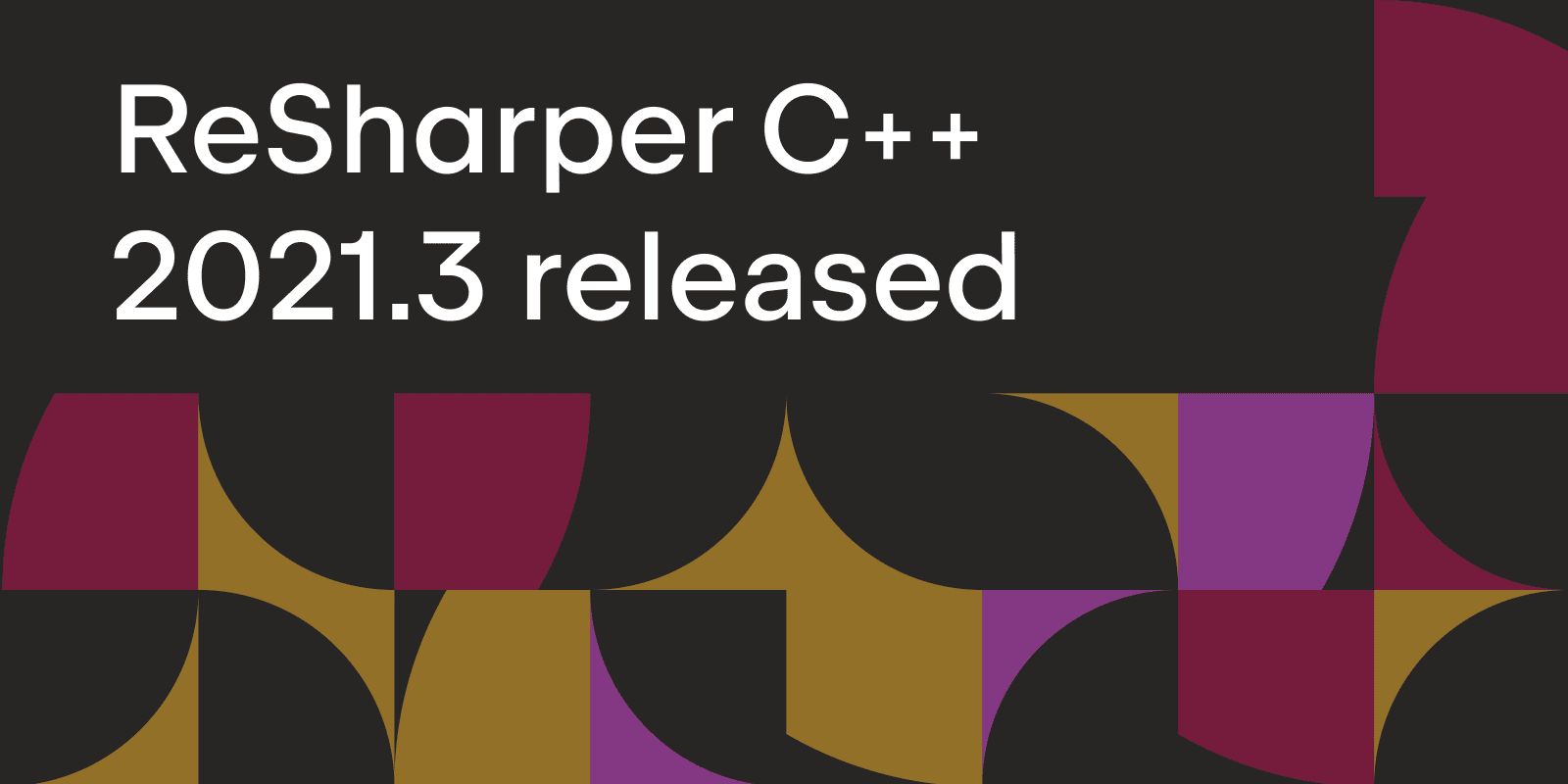C++20 Concepts: part 4--Gajendra Gulgulia
The series continue.
C++20 Concepts: part 4
by Gajendra Gulgulia
From the article:
In this issue of the concepts tutorial, I’ll discuss in detail about abbreviated function template syntax , constraining auto with abbreviated function template syntax , constraining deduced return type, i.e. constraining the auto return type with concepts...



